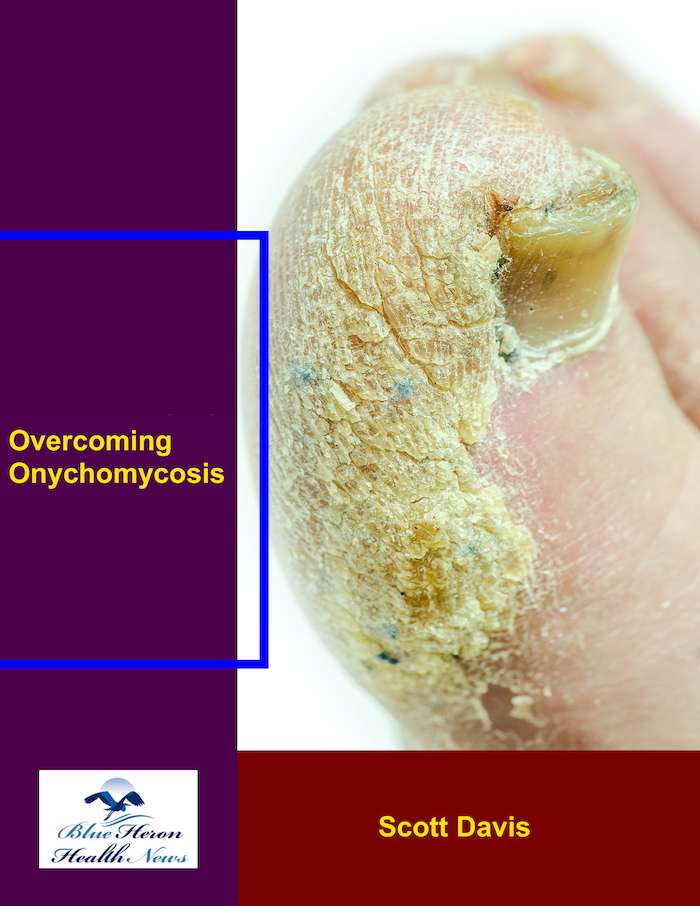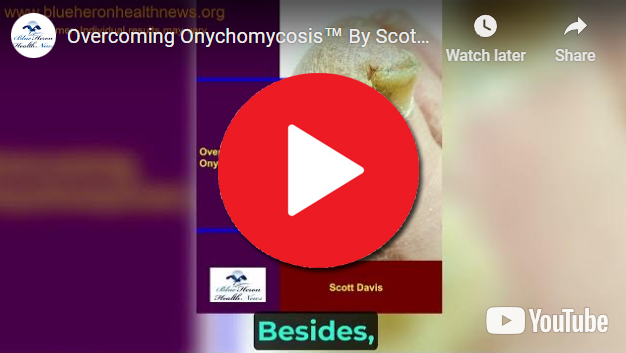
Overcoming Onychomycosis™ By Scott Davis It is a simple, natural, and all-in-one solution for onychomycosis. The program can help you to treat your nail fungus naturally. Once you follow this program, you do not need to spend on expensive treatments to prevent a recurrence. In brief, you can have a proven solution for your chronic nail fungus. Besides, the program is easy to follow, and most users find it effective against onychomycosis.
What is the role of melatonin in managing acid reflux?
Melatonin, a hormone that regulates sleep-wake cycles, has gained attention for its potential role in managing acid reflux (also known as gastroesophageal reflux disease, or GERD). While melatonin is primarily known for its effects on sleep, research suggests it may offer benefits for acid reflux management due to its impact on gastric motility, esophageal function, and inflammation.
Role of Melatonin in Managing Acid Reflux:
-
Improving Esophageal Motility:
- Melatonin may help improve esophageal motility, which refers to the movement of food and liquids through the esophagus. In people with GERD, the lower esophageal sphincter (LES) — the valve that prevents stomach contents from flowing backward into the esophagus — may be weak or relax inappropriately, leading to acid reflux.
- Some studies suggest that melatonin may help regulate the tone of the LES, making it less likely to relax when it shouldn’t, thus preventing stomach acid from rising into the esophagus.
-
Reducing Inflammation:
- Chronic acid reflux can cause inflammation in the esophagus (esophagitis). Melatonin has anti-inflammatory properties that may help reduce the inflammation caused by acid exposure in the esophagus.
- By reducing oxidative stress and the inflammatory response, melatonin may help heal the esophageal lining, decreasing symptoms like heartburn and chest pain.
-
Protecting the Esophageal Mucosa:
- The esophageal lining can be damaged over time due to repeated acid exposure. Melatonin is thought to promote the production of protective mucus in the gastrointestinal tract, which may help protect the esophagus from acid damage.
- This mucus barrier may enhance the esophagus’ ability to resist the corrosive effects of stomach acid, reducing the severity of acid reflux symptoms.
-
Enhancing Gastric Emptying:
- Delayed gastric emptying (the slow movement of food from the stomach into the intestines) is a factor that can contribute to acid reflux. When food stays in the stomach for too long, it can increase the pressure on the LES, making it more likely to relax and allow acid to escape into the esophagus.
- Melatonin has been shown to increase gastric emptying in some studies, which could help reduce the occurrence of acid reflux by preventing the stomach from becoming overly full.
-
Improving Sleep Quality:
- One of the challenges for individuals with acid reflux is that nighttime reflux (when lying down) can disrupt sleep. GERD symptoms can worsen at night, causing discomfort and affecting sleep quality. Since melatonin helps regulate the sleep-wake cycle and improve sleep quality, it may indirectly help reduce nighttime acid reflux symptoms by promoting restful sleep and minimizing the likelihood of waking up due to discomfort.
Evidence and Research:
-
Some studies suggest that melatonin supplementation may help improve symptoms of GERD and acid reflux, especially in patients who have not responded well to standard treatments like proton pump inhibitors (PPIs) or H2 blockers. Research indicates that melatonin, in combination with other substances like vitamin B6 and tryptophan, can significantly reduce heartburn, regurgitation, and other GERD-related symptoms.
-
A study published in the Journal of Pineal Research found that melatonin supplementation reduced the frequency and severity of acid reflux episodes, improved esophageal motility, and offered protection against acid-induced injury to the esophagus.
-
Melatonin’s effect on acid reflux may be more pronounced in people with nocturnal GERD, a form of reflux that primarily occurs at night, when lying down. The combination of melatonin and traditional reflux medications may provide more comprehensive symptom relief.
Recommended Use:
-
Dosage: The typical dose of melatonin for acid reflux management ranges from 3 mg to 6 mg per day, taken about 30 minutes to an hour before bedtime. The exact dose may vary based on individual needs and the severity of symptoms.
-
Combination Therapy: In some cases, melatonin may be recommended in combination with other treatments for acid reflux, such as antacids, PPIs, or H2 blockers, especially when symptoms are not fully controlled with medications alone.
Precautions:
-
Side Effects: Melatonin is generally considered safe for short-term use, but it may cause side effects like drowsiness, headaches, or dizziness in some people. It may also interfere with certain medications, including blood thinners and immunosuppressants, so it’s important to consult a healthcare provider before starting melatonin.
-
Long-Term Use: Long-term safety of melatonin supplementation for managing GERD or acid reflux is still not well-established. Therefore, it should be used with caution for extended periods.
Summary:
Melatonin can play a beneficial role in managing acid reflux by improving esophageal motility, reducing inflammation, protecting the esophageal lining, and promoting gastric emptying. It may also help with sleep quality, which is often disrupted in people with GERD. While research suggests positive effects, melatonin is typically used as part of a broader treatment plan and may be especially useful for people with nocturnal GERD. Always consult a healthcare provider before using melatonin, particularly if you have underlying health conditions or are taking other medications.
Overcoming Onychomycosis™ By Scott Davis It is a simple, natural, and all-in-one solution for onychomycosis. The program can help you to treat your nail fungus naturally. Once you follow this program, you do not need to spend on expensive treatments to prevent a recurrence. In brief, you can have a proven solution for your chronic nail fungus. Besides, the program is easy to follow, and most users find it effective against onychomycosis.
